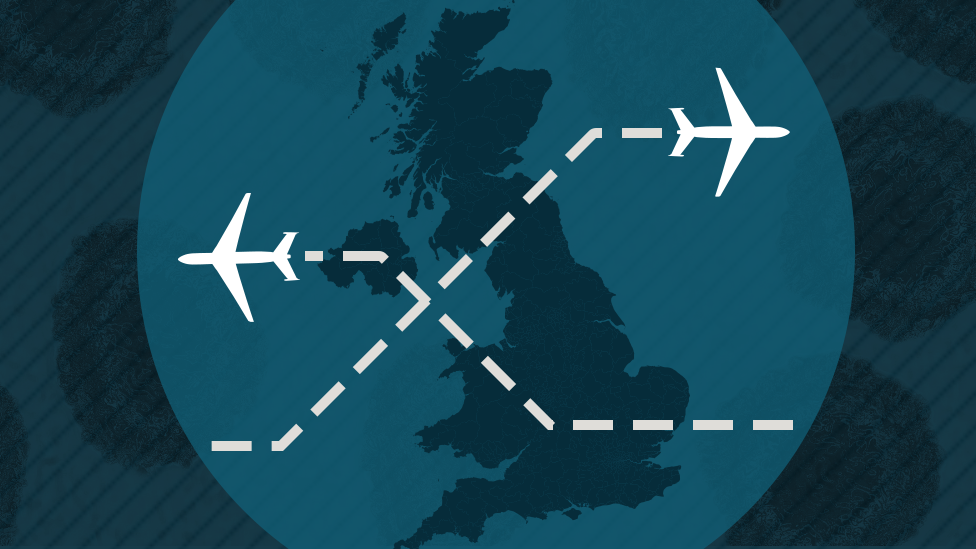Lockdown easing: 10 things you CAN do this summer
- Published
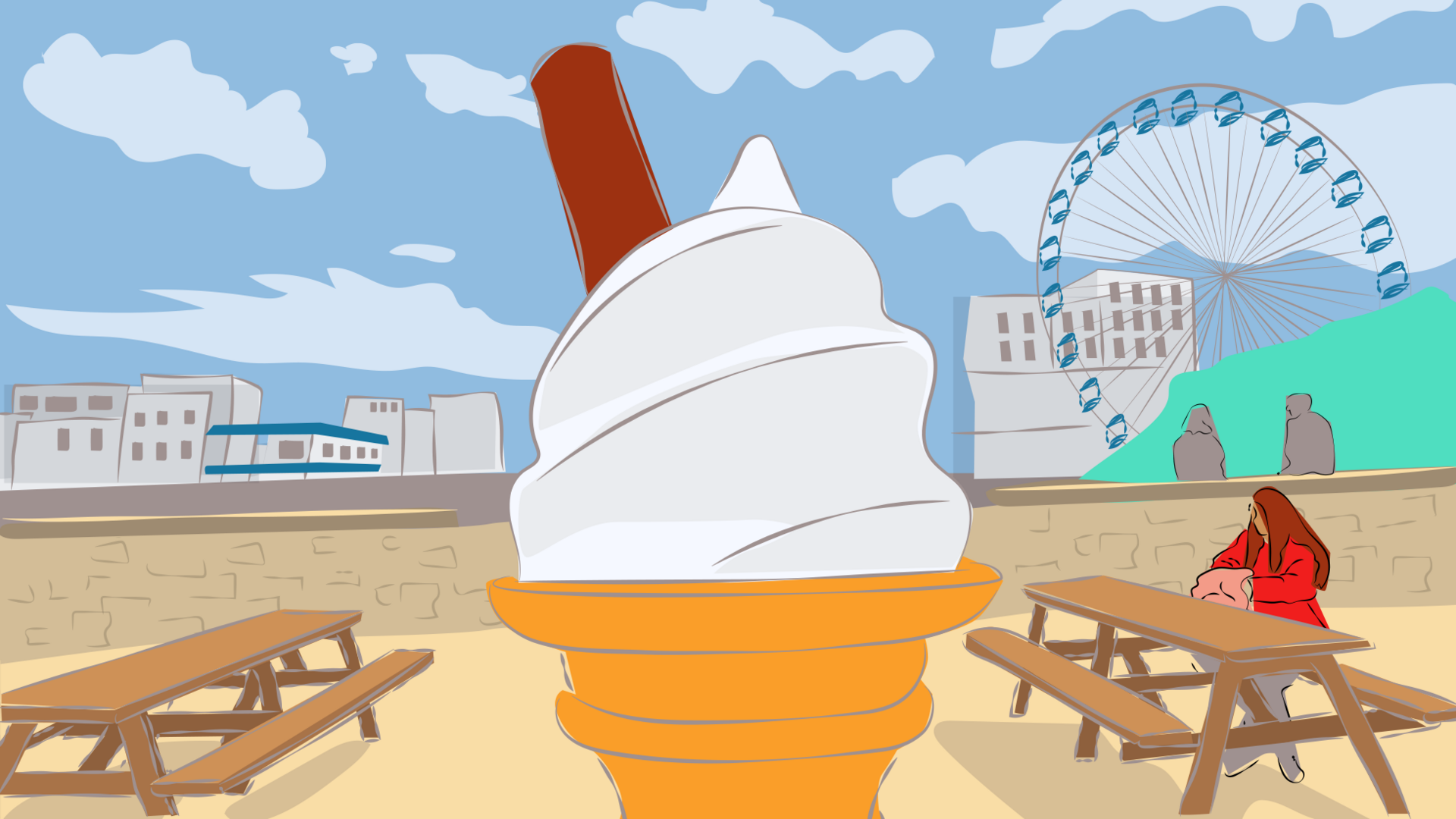
With lockdown easing, many of us are planning to make the most of summer. But what exactly are we allowed to do over the holiday season? More than you might think. Here's a quick guide to some socially-distanced summer experiences in the UK. Just don't forget your mac and wellies.
1. Take a break in a remote cabin
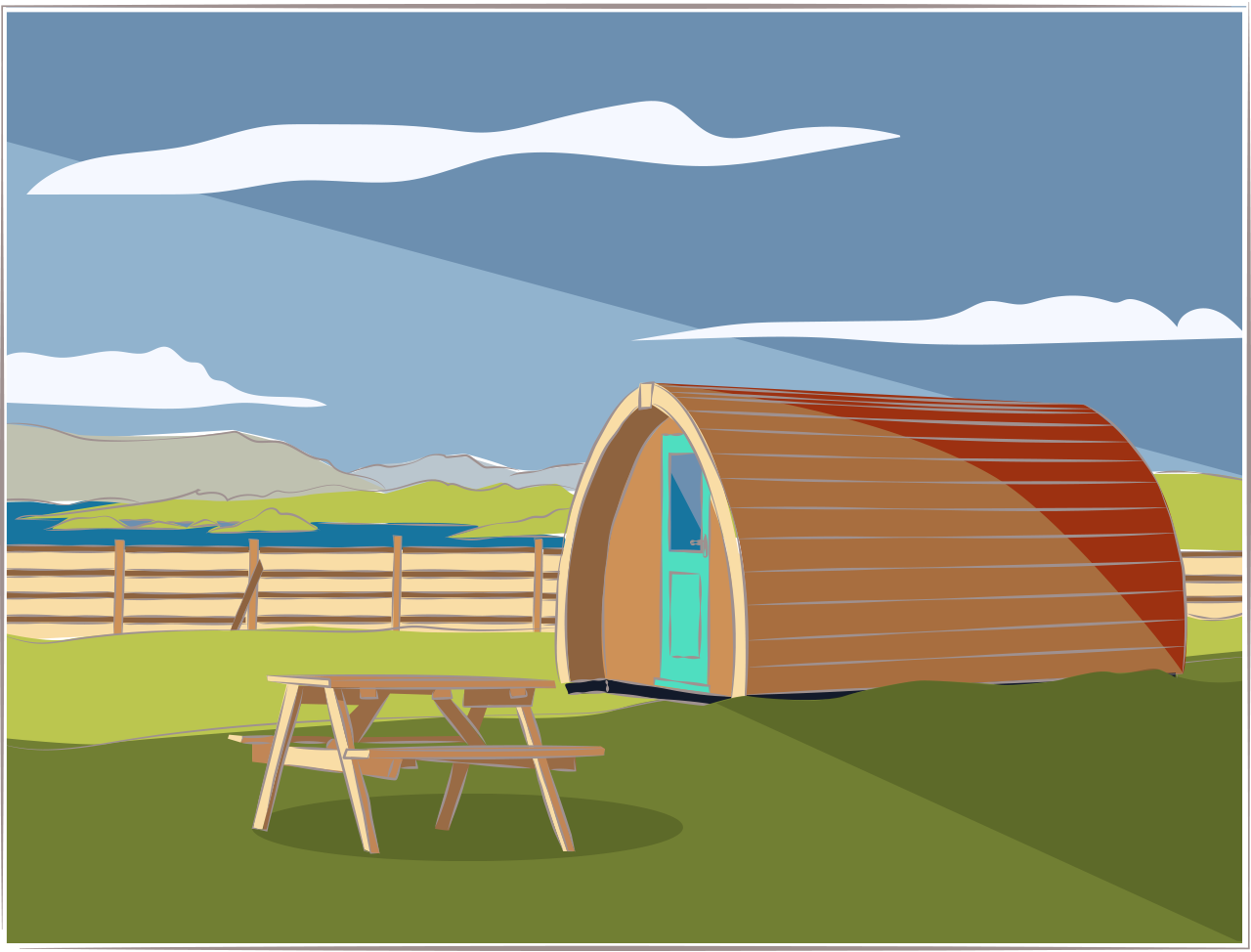

While many European destinations have declared themselves open to Brits, plenty are opting for a "staycation" this summer. The PM has himself urged people to holiday at home, saying the UK had "peerless, wonderful, superlative places" to visit.
And with social distancing at the forefront of people's minds, rural retreats appear to be one of the options of choice.
According to Airbnb, the top 10 most wish-listed homes on its site from the start of lockdown to the middle of June were composed entirely of UK destinations, indicating the staycation is very much back in fashion this year. Cabins, lodges, glamping and converted shipping containers have all been on the site's most-wished-for list,, external the company said.
UK accommodation of all kinds saw a surge in bookings after Boris Johnson gave the go-ahead for self-catering accommodation, hotels, bed and breakfasts and campsites to open from 4 July.
However, the spectre of coronavirus means holidaymakers may experience big changes in the way destinations are run, such as contactless check-in, no breakfast buffets or mini bars, extra hand-washing basins and regular deep cleans.

2. See a film at an open-air cinema
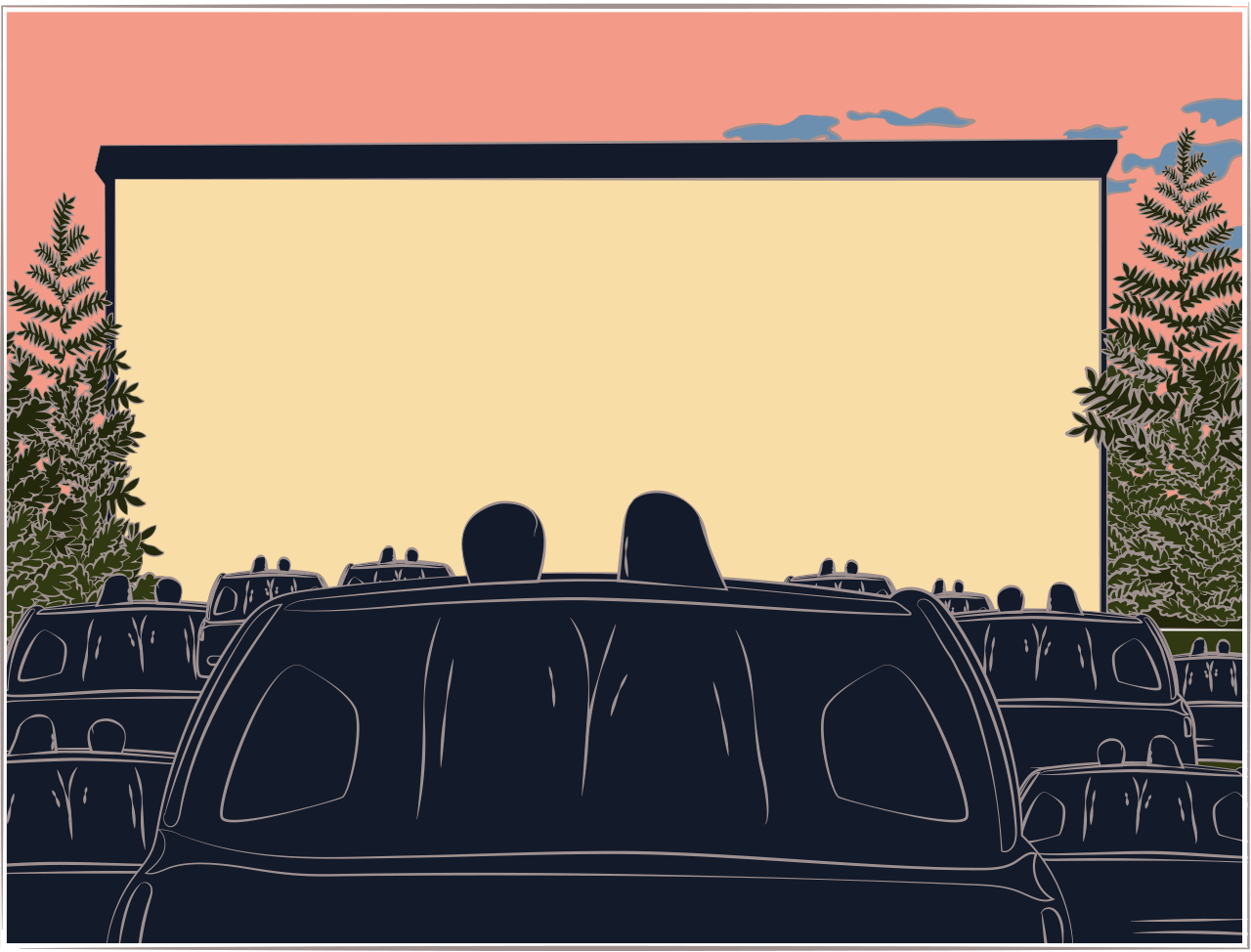

The drive-in is no longer the sole preserve of frisky American teens. A host of new drive-in and open-air cinemas have been announced in recent weeks, with promoters converting under-utilised spaces into massive venues to entice nervous cinema-goers back to the big screen.
The surge in UK drive-in options means film fans will be able to watch a raft of cult classics from the comfort of their cars, external or from the required social distance outside, while immersing themselves in 1950s Americana.
New rules will apply, though.
Some organisers are insisting on a two-metre separation between cars, sanitising wireless speakers and scanning tickets through closed windows or organising entry by number plate. Others are offering cinema-goers the chance to order snacks through an app, which will then be delivered to cars by roller-skating staff. Move over Pasadena, here comes Padstow.

3. Go to a drive-in rave, gig or performance
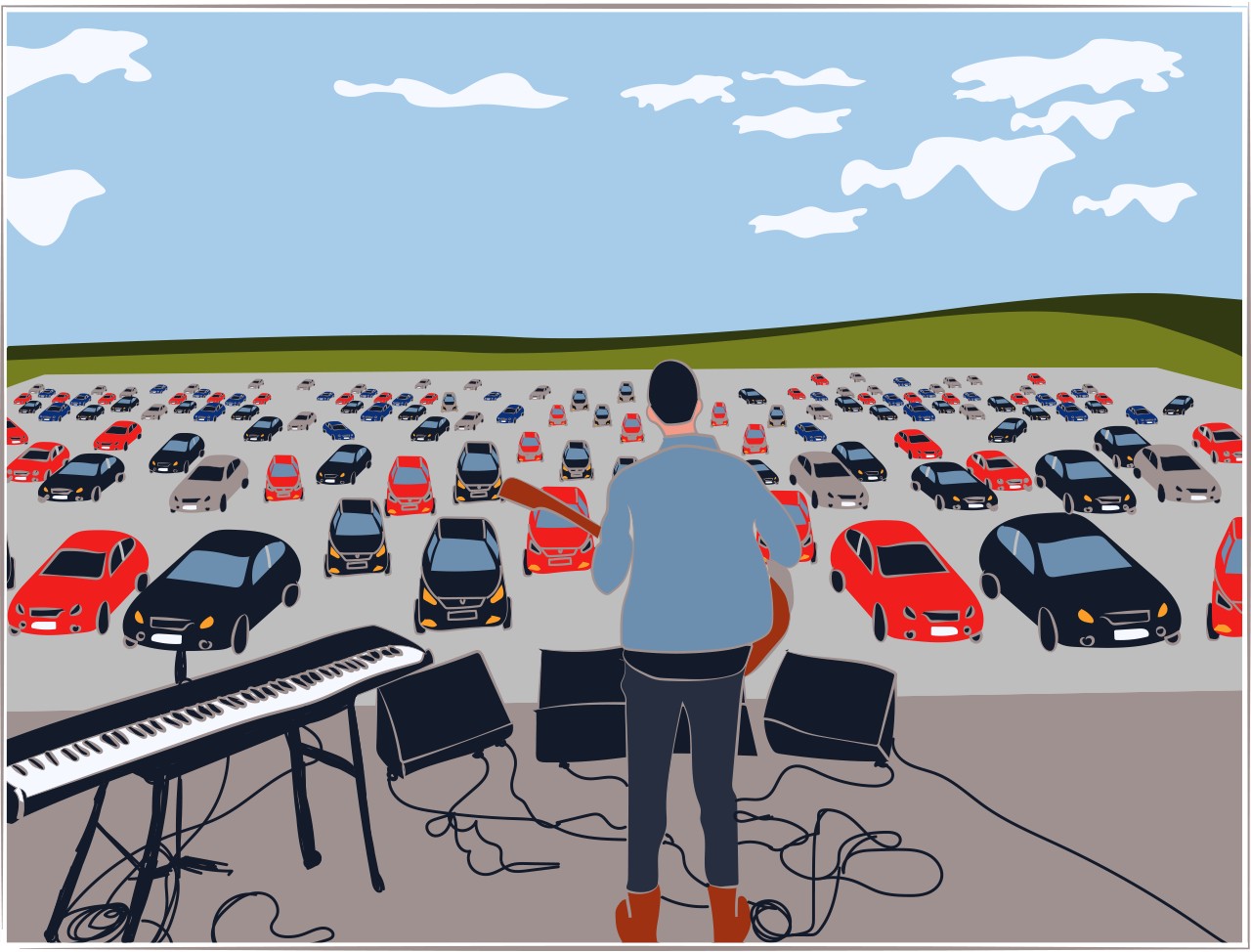

But the drive-in opportunities don't stop there. A number of car-park raves, as well as live music and comedy gigs, are also being planned across the summer.
The Comedy Story is hosting a series of drive-in shows at rugby grounds and racetracks throughout July and August; while Gosforth Park in Newcastle will see performances by Supergrass, The Libertines and Maxïmo Park next month.
Those shows will take place at what's been billed as the "UK's first socially-distanced live arena", where fans will have their own private viewing platforms, placed two metres apart with food and drinks available for pre-order.
Get Comedy has also announced a number of drive-in events for London's Brent Cross this summer, while the Comedy Store and and Comedy Club, and comedian Mark Watson, among others, are also planning outdoor gigs.
Drive-in raves, where people "dance in their cars" or are confined to a clearly-designated space, are also planned at a number of outside venues., external
Organisers say the focus will be on production - including pyrotechnics, CO2 jets, fireworks and light shows.
For those wanting more high-brow culture, Glyndebourne is offering live open-air opera as well as a series of garden concerts, external - though tickets are limited. Outdoor spaces in Sheffield are also being converted to stage Shakespeare plays, external lasting 90 minutes.
However, a series of drive-in shows organised by Live Nation, including a major tour of the hit musical Six, has been cancelled because of uncertainties over local lockdowns.

4. Pick up a bargain at a car-boot sale
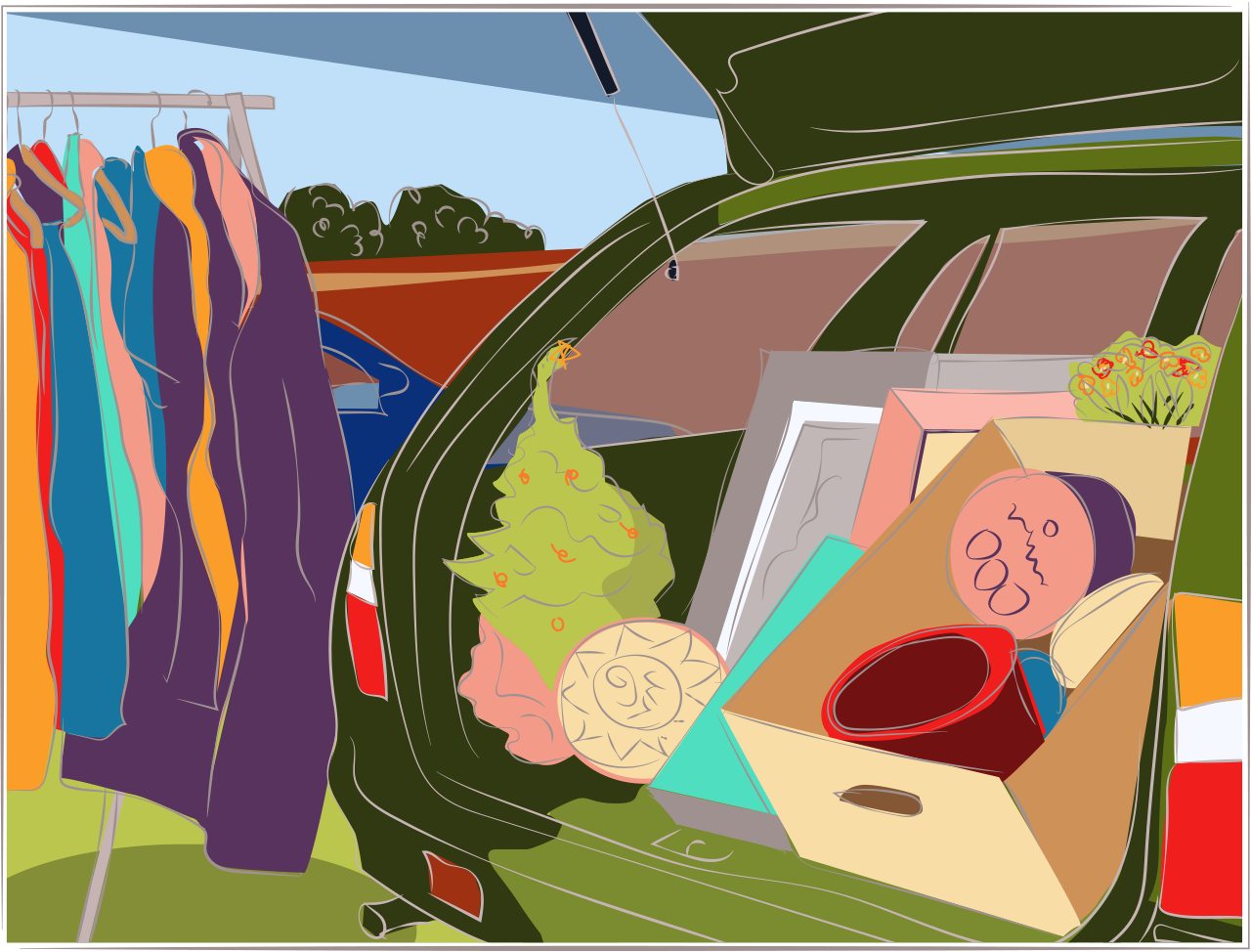

With the 2020 car-boot season delayed because of lockdown, many organisers are now reopening their gates, external for the summer - so eagle-eyed hunters will be able to track down bargain treasures once again.
But as with other businesses, there will be extra rules in place.
Many organisers are asking buyers to bring their own hand gel and use it on entry and exit, to maintain a two-metre distance and only touch goods they intend to purchase.
But with people desperate to get rid of unwanted stuff after spending time sorting cupboards during lockdown, many are predicting sales on a bumper scale.

5. Go kayaking
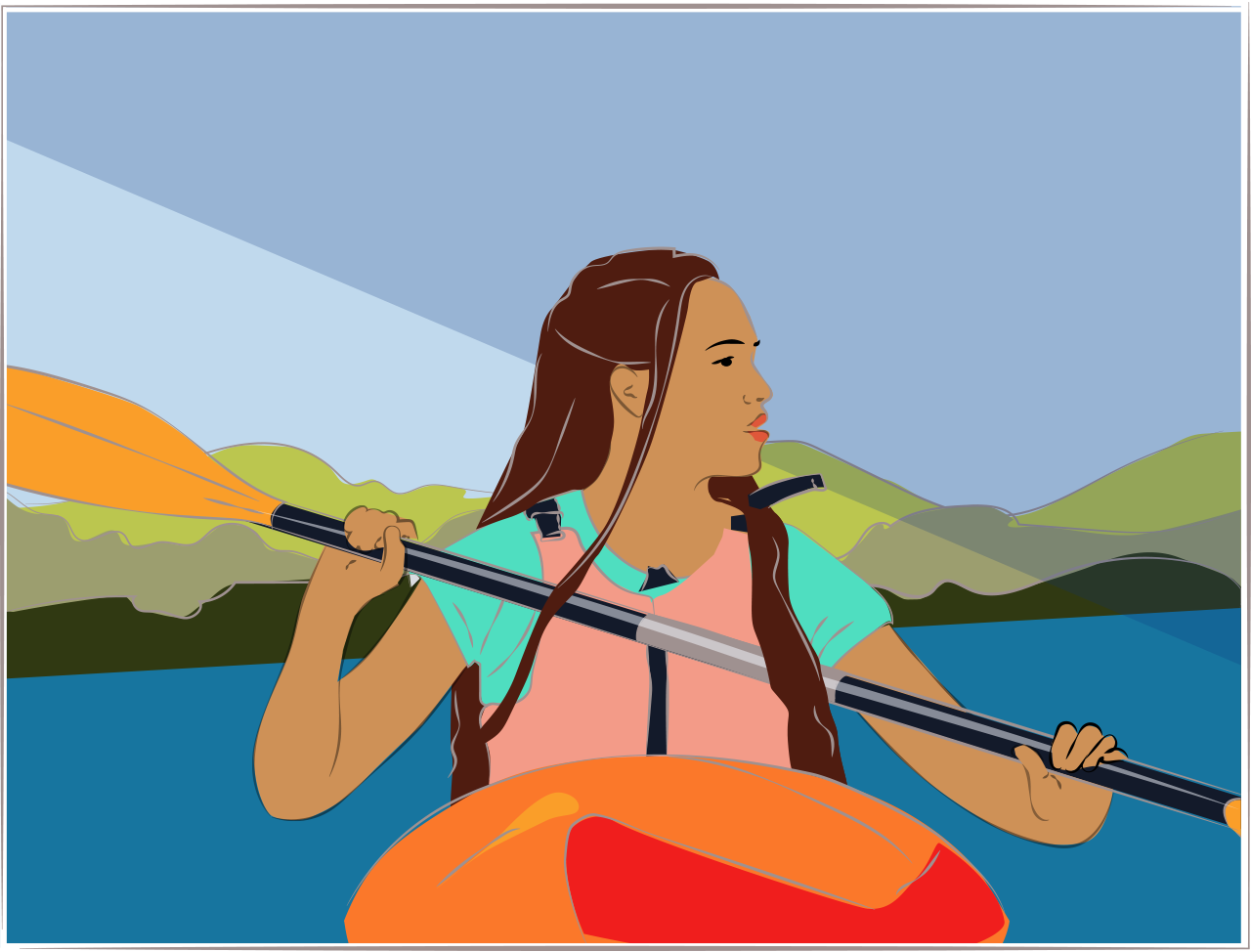

Hiring a kayak, canoe or paddleboard has already become a popular socially-distanced way to spend time outdoors - and is likely to remain a go-to activity this summer.
British Canoeing, which represents those taking part in paddlesport across the country, says record numbers of people have been getting involved, with membership of the organisation rising 23% on last year. Almost half of new members have been families and more than a third women, it says.
Stand-up paddleboarding has been particularly popular, it adds.
David Joy, British Canoeing's chief executive, says the organisation wants to see more people "go paddling this summer", and is offering tips to novices on where to paddle as well as information on the importance of the licences, insurance and paddling responsibly.
More information on where to go and how to paddle safely can be found at Go Paddling., external

6. Find a wild-ish spot to camp off-grid
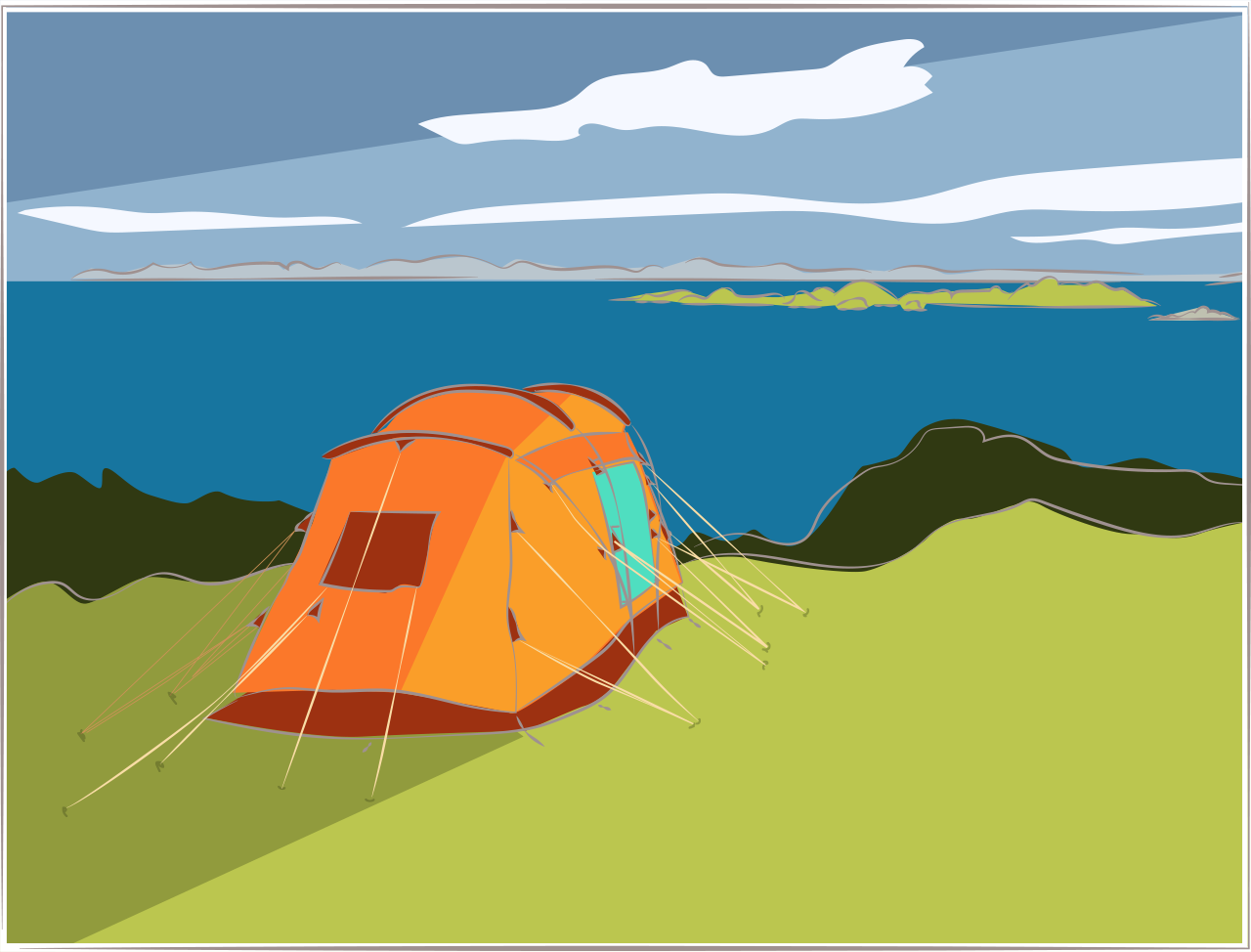

Another way of avoiding the crowds is heading off to a "nearly-wild" campsite, where you can get a taste of life in the wilderness. Unless you're in Dartmoor or parts of Scotland, wild camping itself is illegal without the landowner's permission, so a safer bet is pitching up at a remote, but official, campsite with few or none of the usual facilities.
The Nearly Wild Camping Club - a co-operative of site owners and campers, external - provides information on locations across the UK that host those looking for a wilder, secluded or quieter camping experience. Each location is guaranteed to have no outdoor lights at night, a good distance between pitches and only basic facilities. Most are also campfire and barbecue-friendly.
For those who want to go the full wild-camping route, communities advise getting a landowner's permission, external as well as remaining discreet (arriving late, leaving early) and leaving no trace of the camp. This means you should take any litter back home with you and respect the environment at all times.

7. Hold a virtual festival at home
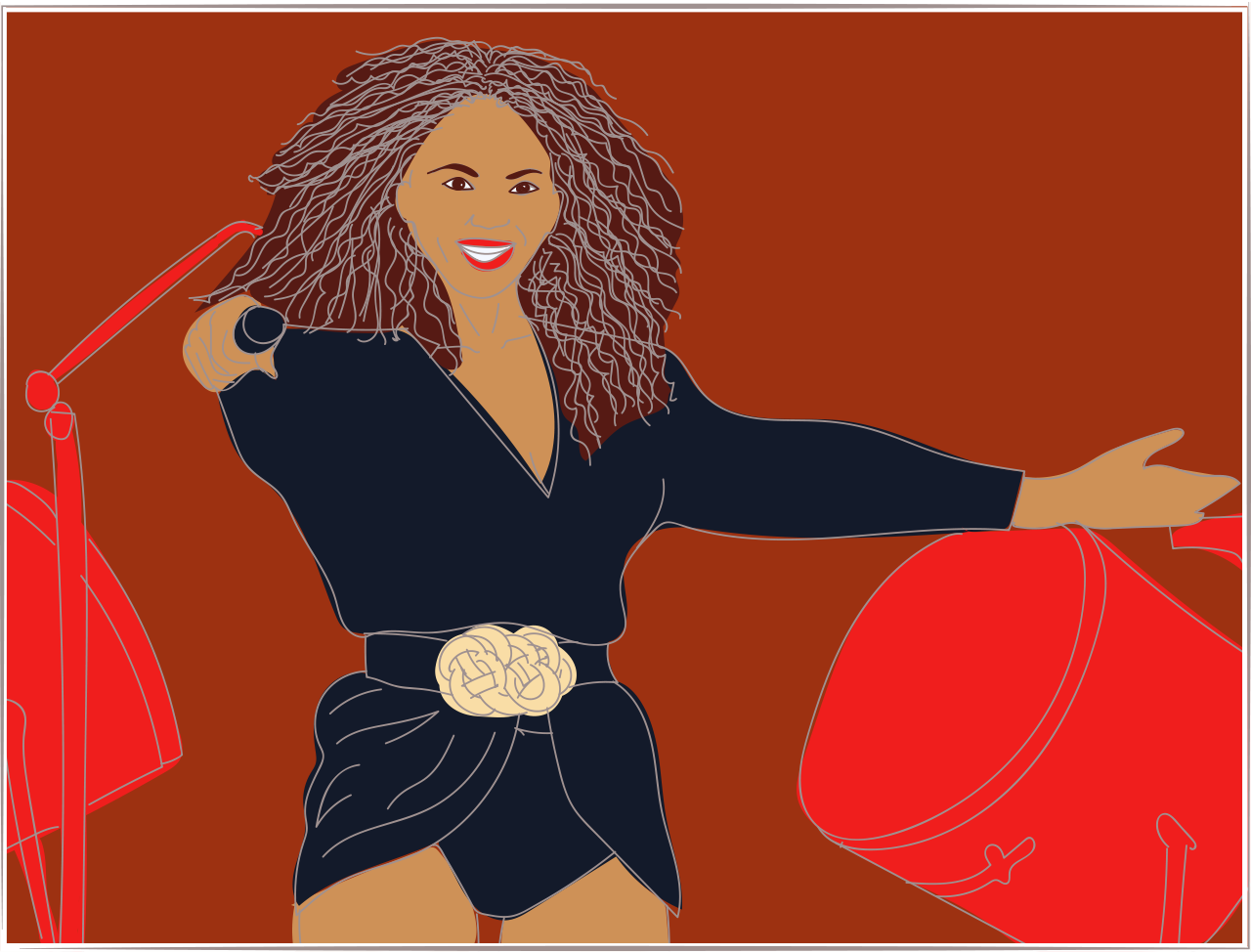

We may have to wait at least another year for the real thing, but with a little imagination you could turn your garden or living room into a mini-festival experience. People took up the challenge over the Glastonbury weekend, with fans making the festival's greatest sites out of materials lying around the house., external
Other suggestions include camping out in the garden or living room, sorting festival lighting and cooking or ordering in festival-style food.
But most important is the music. Footage of previous Glastonbury festivals can be found on the BBC iPlayer, as can gigs and sets from other artists.

8. Attend or hold a small wedding
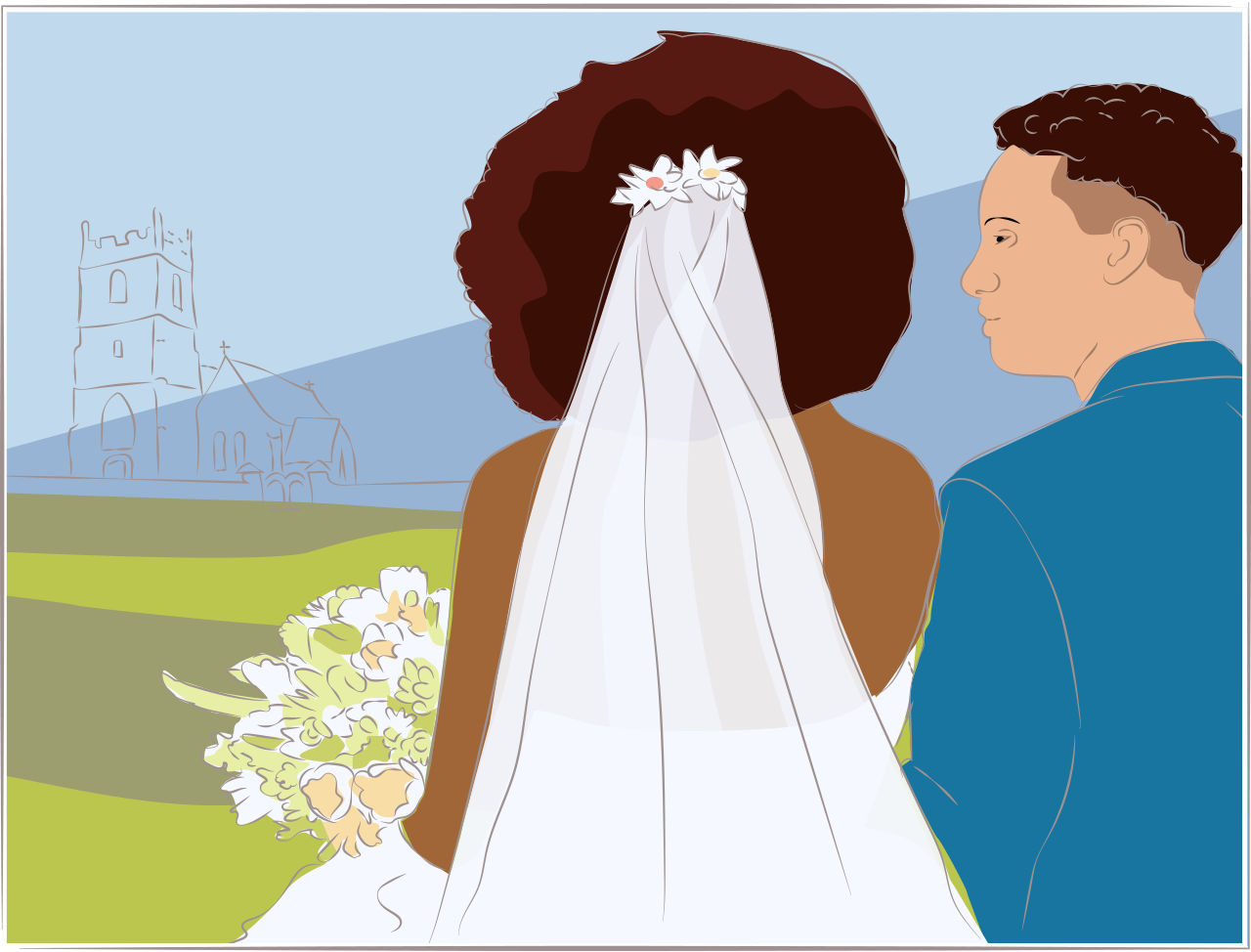

Weddings and civil partnerships are now permitted across the UK, meaning you can tie the knot or watch loved ones do so over the warmer months. Church wedding services have also restarted, but there is a ban on singing as it poses a "particular" threat of virus spread.
There are also restrictions on numbers and strict rules on social distancing.
In England, couples can invite up to 30 guests as long as they are kept apart by a minimum of one metre. In Scotland and Northern Ireland, outdoor ceremonies can take place with limited numbers. In Scotland guests should be from no more than three households, while in Northern Ireland up to 10 people can be invited., external.
In Wales, small ceremonies can take place in churches and register offices, with the number of guests determined by the ability of a venue to accommodate the two-metre social-distancing rule between households.
With the average British wedding having about 100 guests, however, many face the awkward problem of uninviting some friends and family. Also, don't expect to celebrate at a reception or party afterwards, as such large gatherings remain banned across the UK.

9. Take up bowls or golf
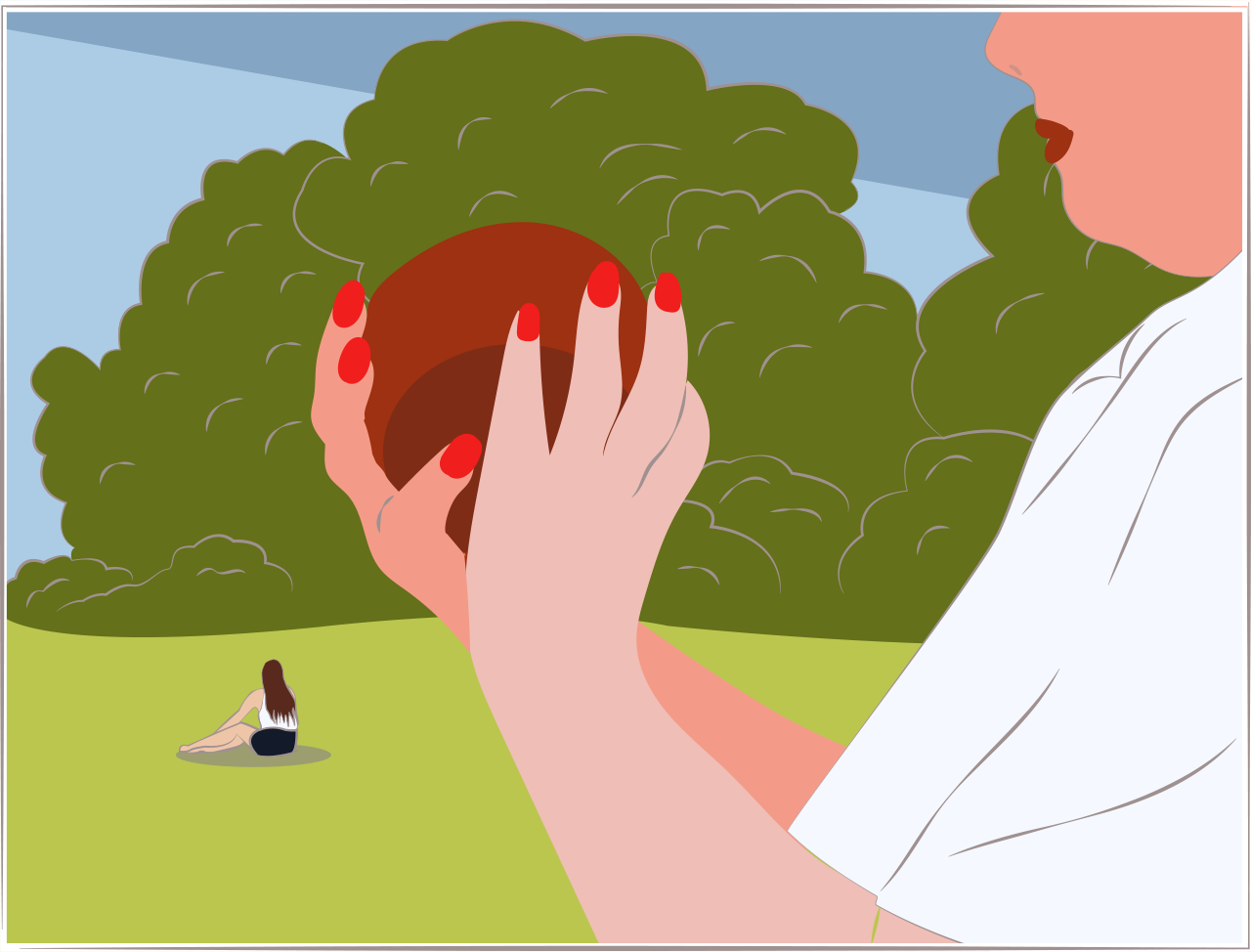

With people now looking for alternative sports that allow them to maintain social distance and play outside, the non-contact activities of bowls and golf are firmly back on the agenda. Before lockdown, an increasing number of young people had been taking up lawn bowls - once the domain of elderly men and women dressed in white.
Now Bowls England says the coming weeks and months are "an opportunity" for those "who currently don't play, to give bowls a try".
However, there are strict rules. Empty rinks are to be kept between players, clubhouses must remain closed except for essential access, for example, the use of toilets and washing facilities, and equipment must be cleaned before, during and after play.
Golf, too, has seen an uptick since lockdown. Clubs across the country have reported a boom in new members, with some in Scotland seeing more than a 100% increase in new sign-ups. , external

10. Shop in a pop-up market


You may also have the chance to pick up a bargain at an outdoor market or pop-up shop.
Outdoor trading, summer fairs as well as on-street dining and drinking could become more common over the warmer months, with government proposals making it easier for businesses to set up "al fresco". Businesses will more easily be able to turn pavements, terraces and even car parks into outdoor areas under plans to boost the hospitality industry in England and Wales.
The government has also announced a new £5.3m fund to help town centres make necessary changes to businesses, such as outdoor awnings, tables and chairs and heating, as well as setting up new local markets.
Illustrations by Zoe Bartholomew and Debie Loizou
- Published17 August 2021
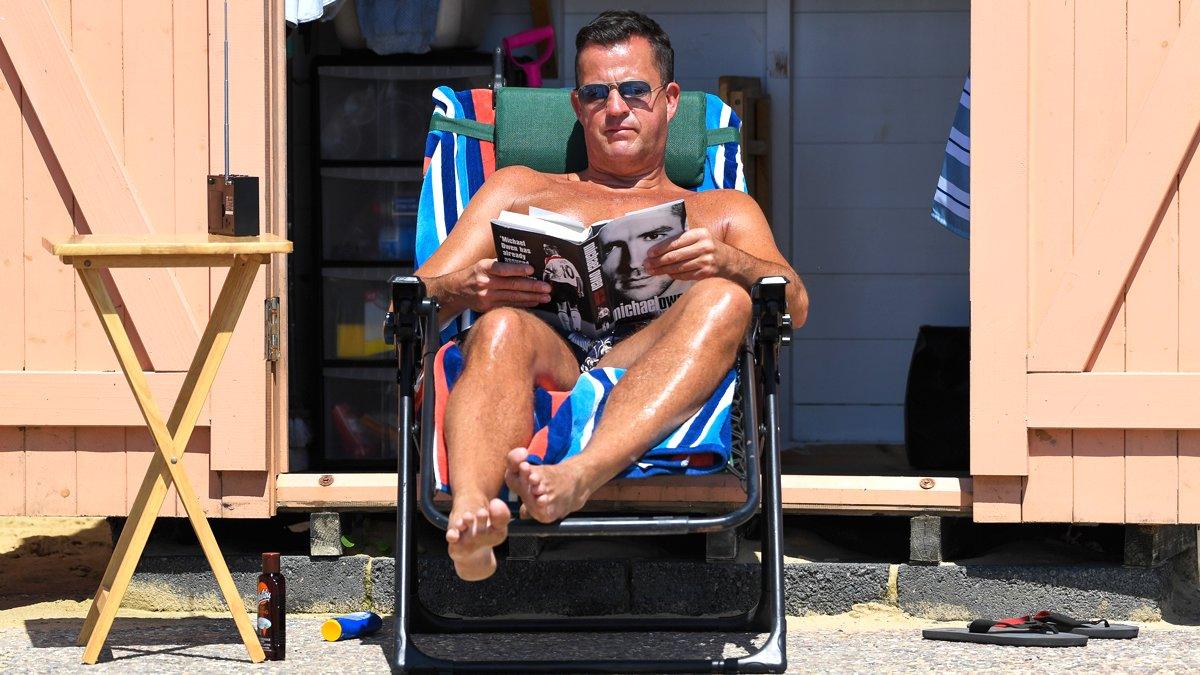
- Published24 December 2020
